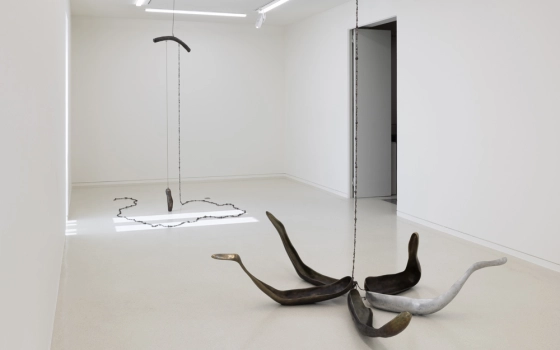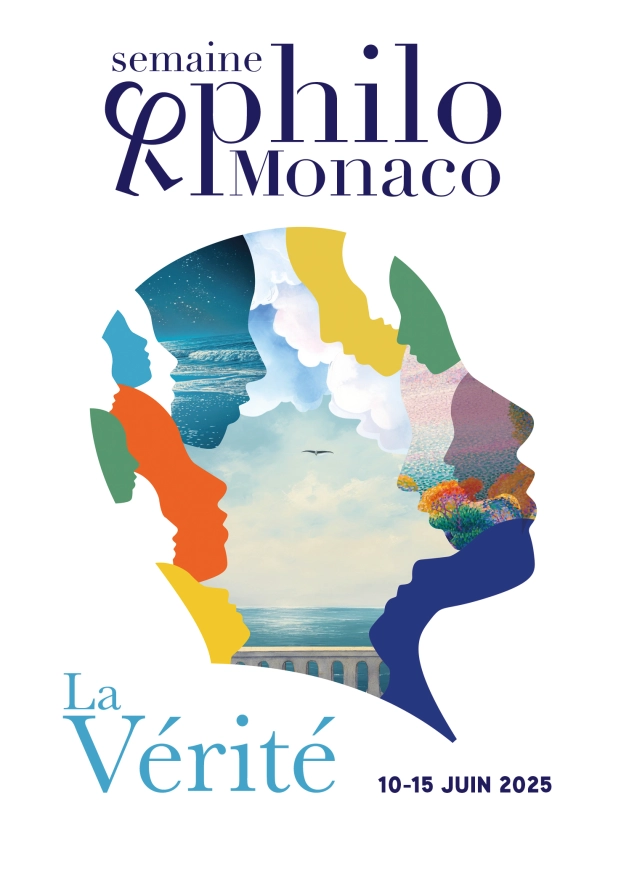
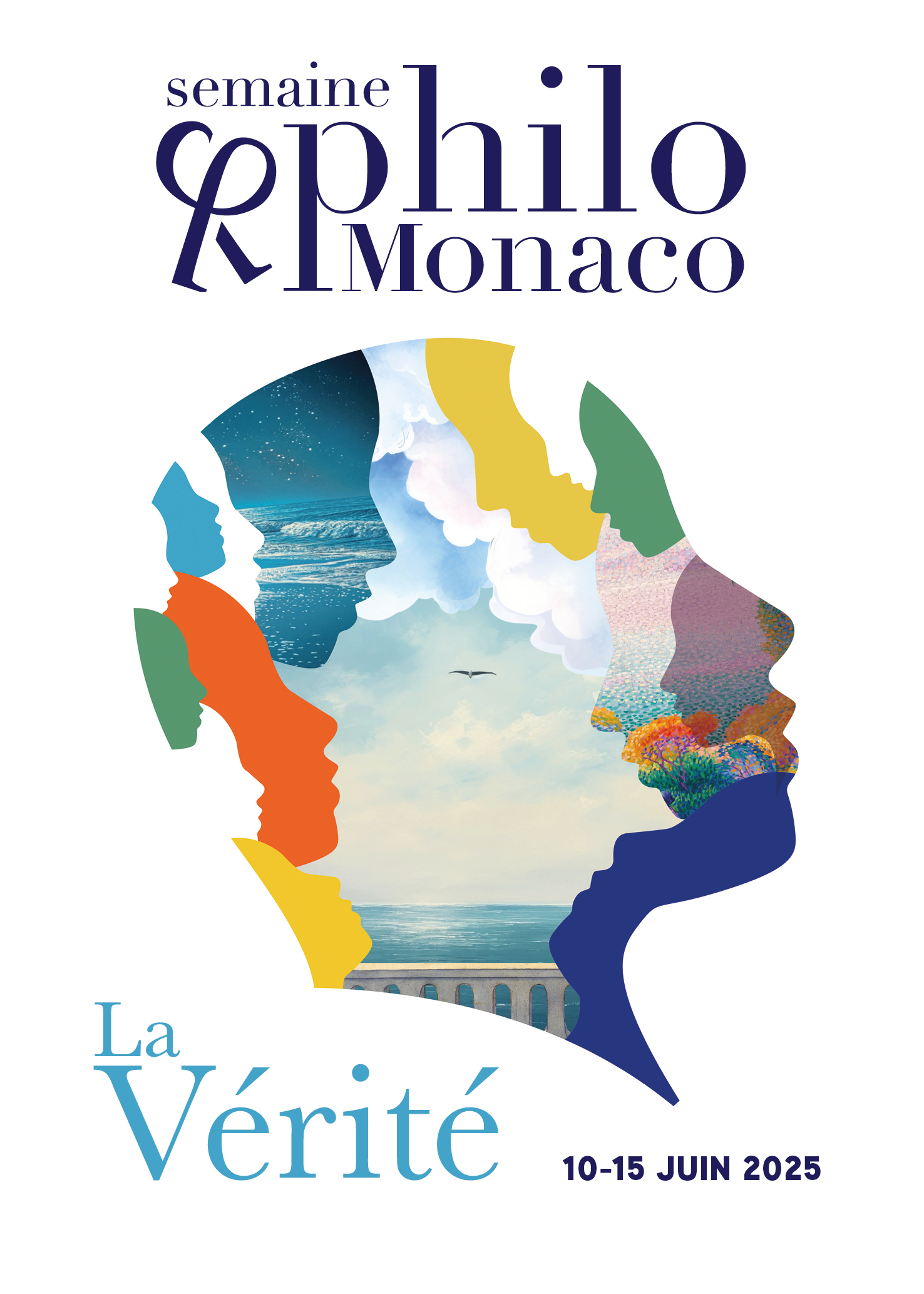
Philosophy lunch: the truth according to Descartes

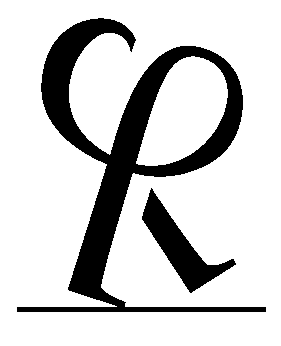
Introduction
Presented by Pierre Guenancia, philosopher.
"The first and most certain of all principles is this: that one exists, i.e. that I am a thinking being; and that I think, i.e. that I doubt, that I will, that I am prey to passions, that I wonder, that I make judgments, that I perceive ideas. But it is not possible for a thinking being to be mistaken in what they think. And it is precisely the certainty they have of their own existence and thoughts that gives them the guarantee of truth. It is obvious that something clear and distinct in the mind is necessarily true, and that there can be no false certainty where there is such obvious perception."
René Descartes, Meditations on First Philosophy (1641).
Informations
Similar events
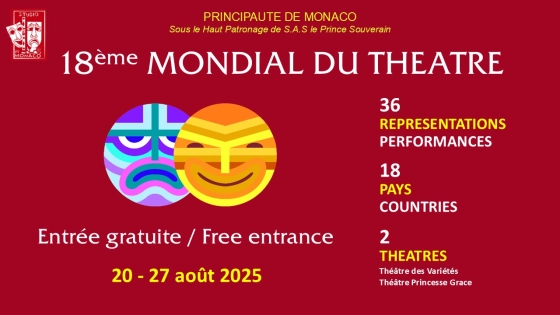
Mondial du Théâtre 2025
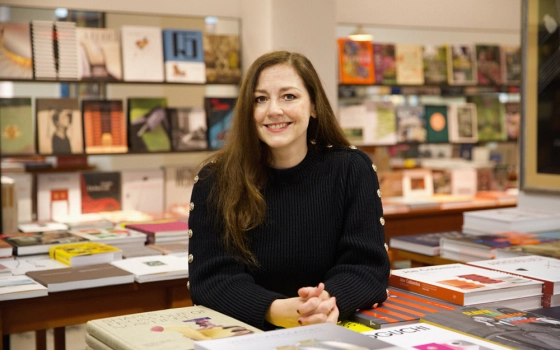
« Gabrielle Chanel à travers la littérature » Une conférence / lecture proposée par Laurence Delamare.
